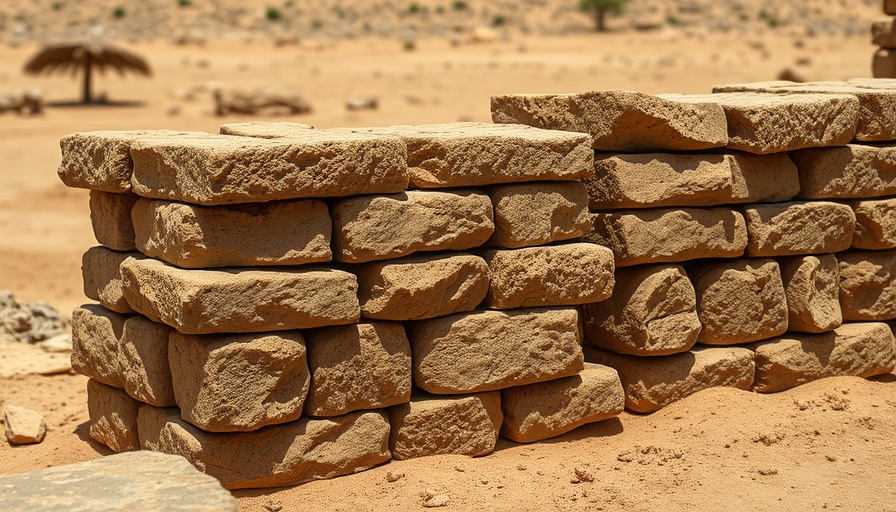
Understanding the Roots of Politics Through Mesopotamia
The rise of cities in ancient Mesopotamia around the late fourth millennium BC represented much more than urbanization; it heralded a significant transformation in social organization and governance. Giorgio Buccellati highlights in his book At the Origins of Politics that this urban revolution set the stage for new forms of governance and social interaction. Through the requirements of industrial production, written recordkeeping became a necessity, leading to the establishment of standardized measures and laws, cementing the role of the state as a manager of socioeconomic interactions.
Crafting a New Social Order: From Individual to Collective
The transition from intimate, personal relationships to complex, impersonal economic networks transformed how people interacted and conducted business. As industry required a level of specialization, the natural evolution led to the emergence of the “state-city” concept, where economics and politics became interdependent. This shift illustrated the evolution of what it meant to be 'public' versus 'private'; definitions previously rooted in kinship now had to adapt to a sprawling urban landscape. This was not merely a logistical change but also a psychological shift representing a fundamental redesign of human relationships.
Lessons from the Past: Navigating Modern Debt Issues
Interestingly, the debate surrounding debt and economic disparity that began in ancient times still resonates today. Ancient rulers in Mesopotamia took proactive steps to manage social tensions arising from debt, navigating the fine line between creditor demands and the rights of their citizens. They implemented measures like the Clean Slate proclamations, which would cancel debts to prevent social upheaval. While Western civilization continues to struggle with similar issues, allowing creditor oligarchs to thrive, Mesopotamian governance implemented solutions aimed at maintaining societal balance. This ancient wisdom on managing economic disparities informs current discussions about social equity and the duties of governance in protecting citizens.
Why Mesopotamia’s Innovations Matter Today
The insights drawn from Mesopotamia’s evolution should compel modern homeowners and citizens to reconsider how economic structures shape their lives. The issues of land tenure, economic access, and governance mechanisms are just as critical today as they were in the ancient world. Recognizing this interconnectedness enables a deeper understanding of how historical practices inform contemporary issues.
As we navigate our increasingly complex economic landscape, it becomes imperative to reflect on how our ancient predecessors solved many of the dilemmas we face. There’s a wealth of knowledge to be uncovered in the history of Mesopotamia's urban and industrial revolution. By learning from these early political innovations, homeowners can take a more informed stance on modern governance and economic participation.
Understanding this heritage empowers each of us not just to own homes, but to engage actively in creating a balanced and equitable society for all. As we draw connections between the past and present, let us strive for governance that nurtures rather than restricts.
 Add Row
Add Row  Add
Add 




Write A Comment